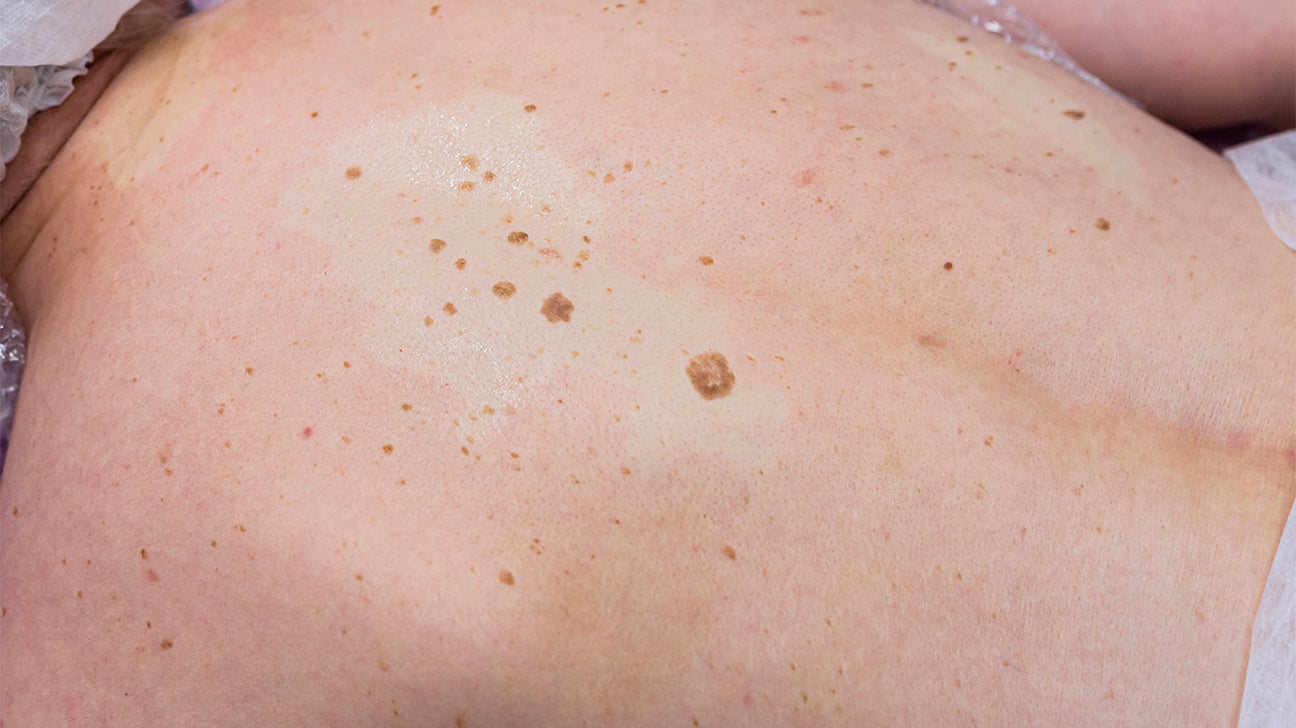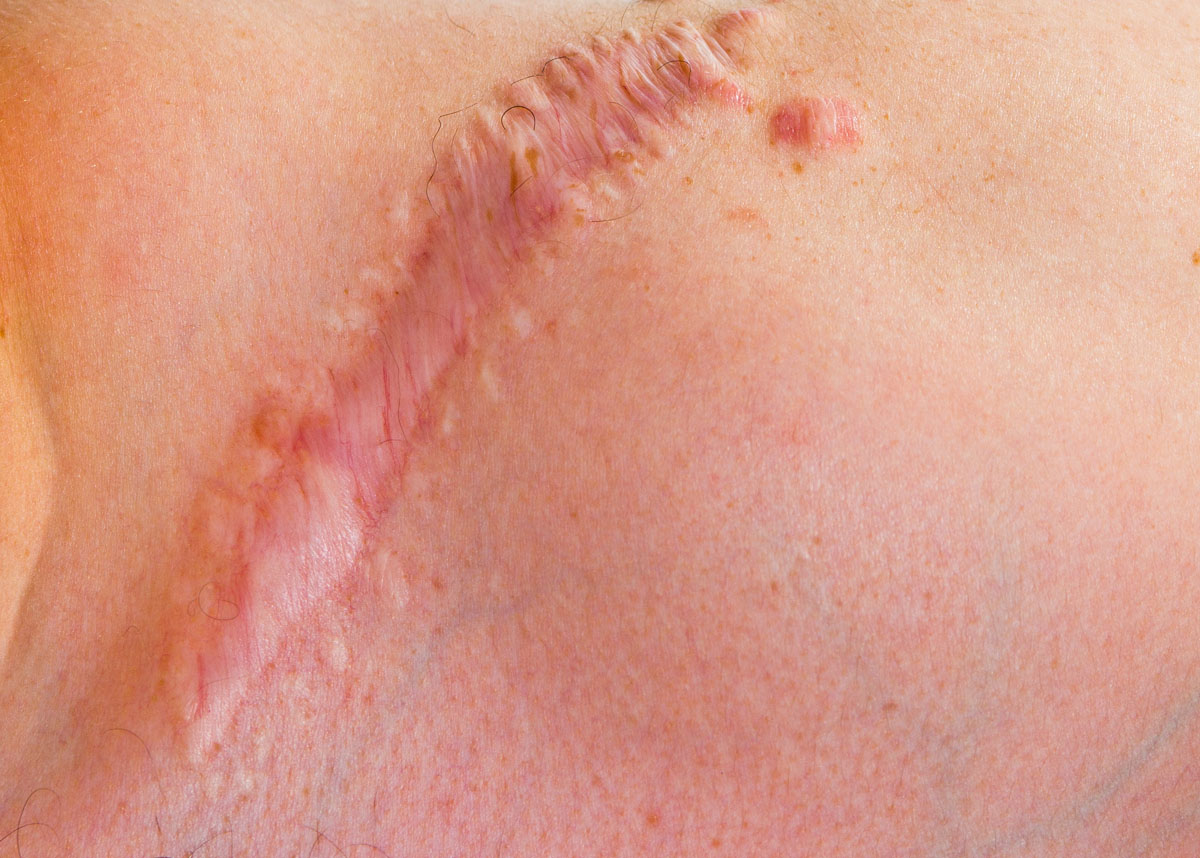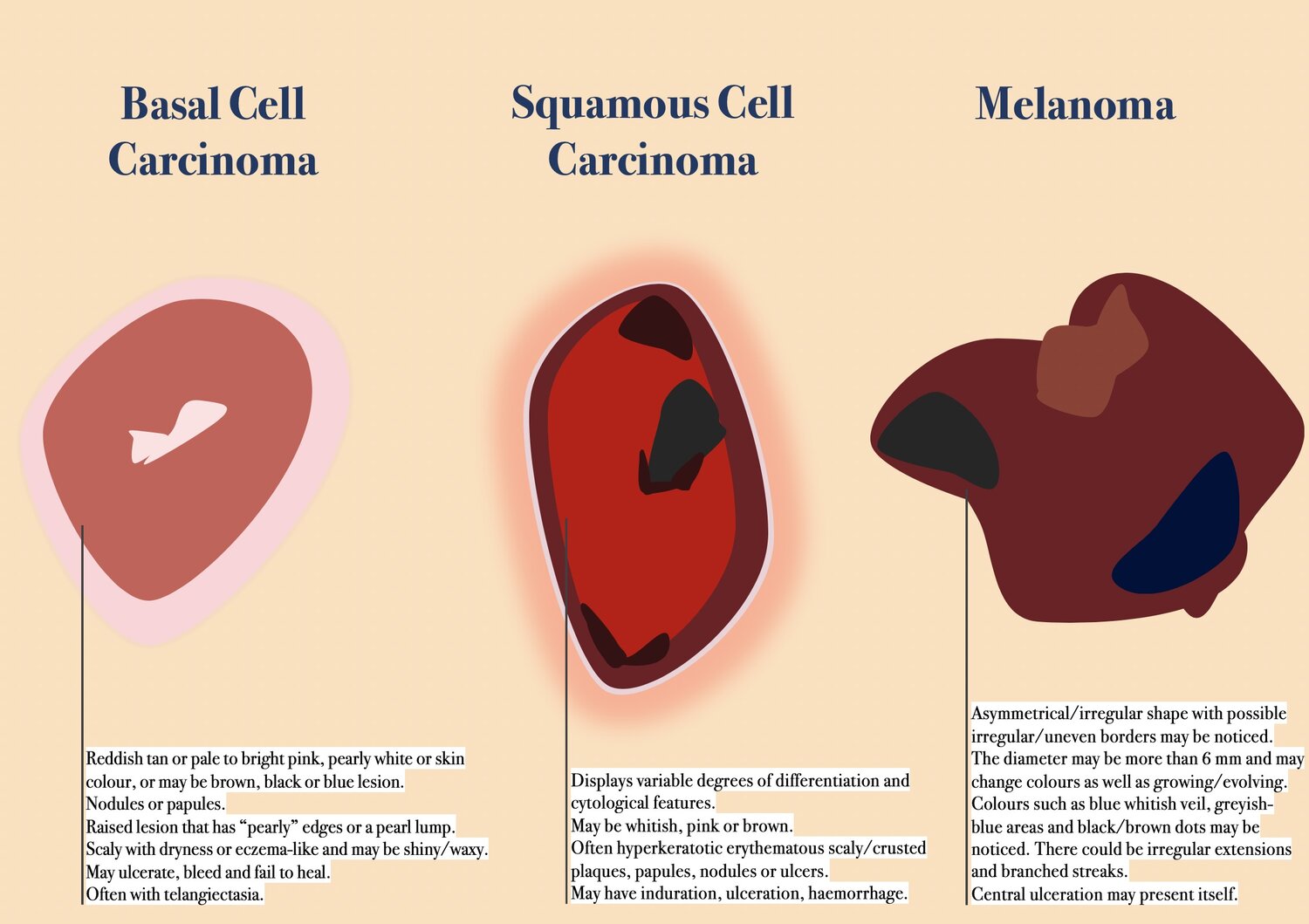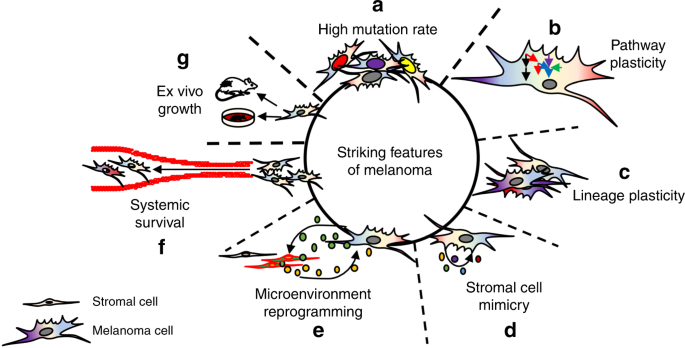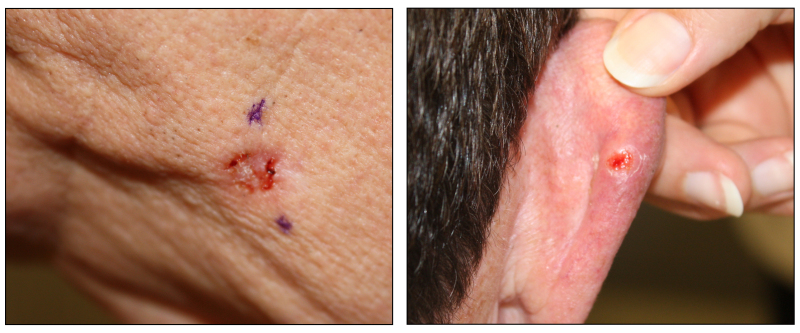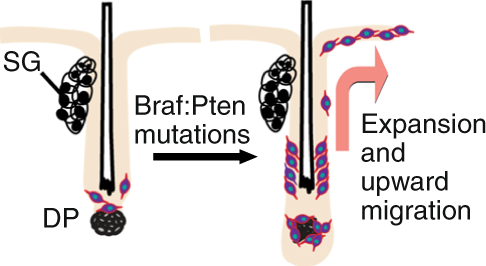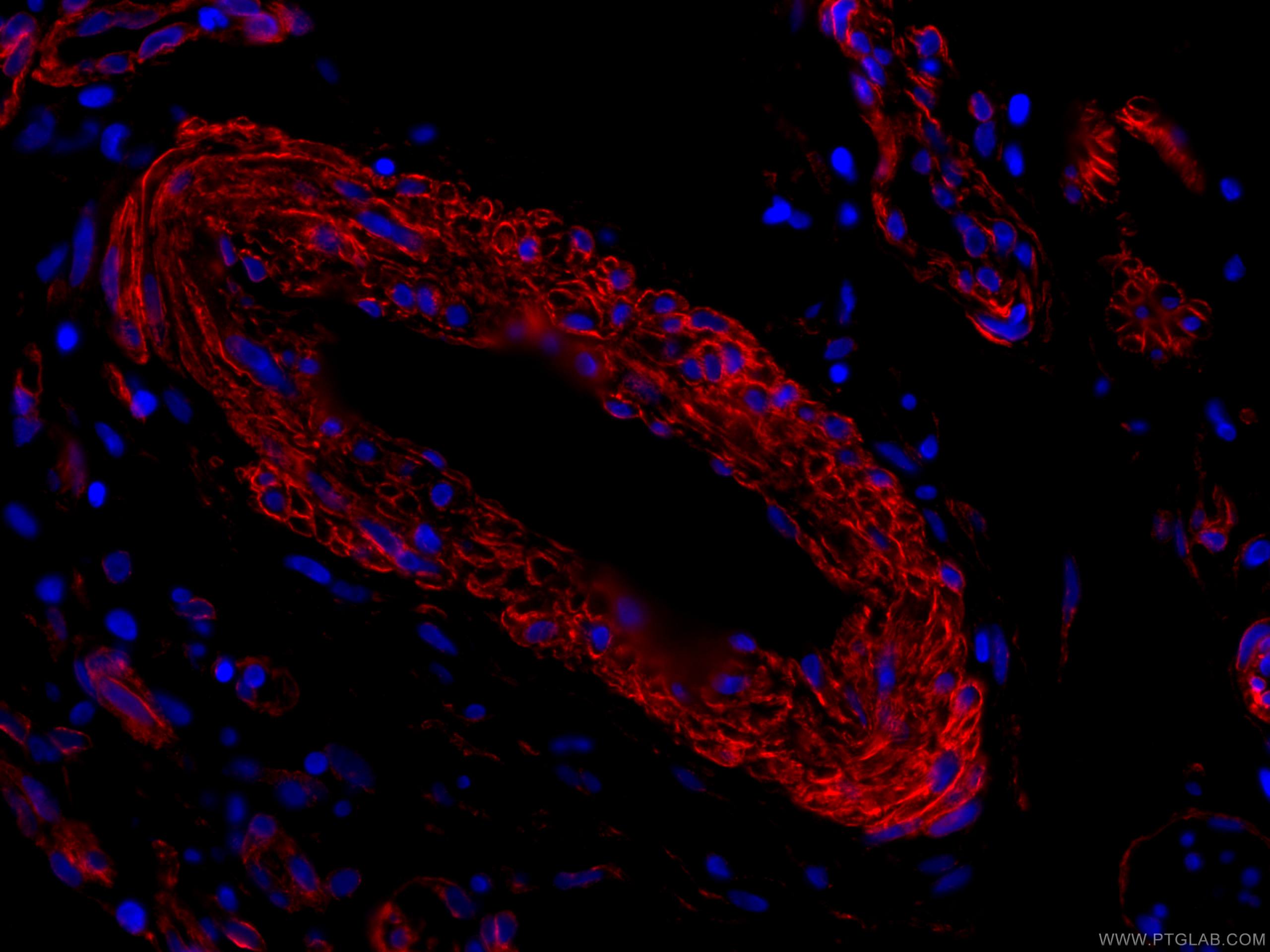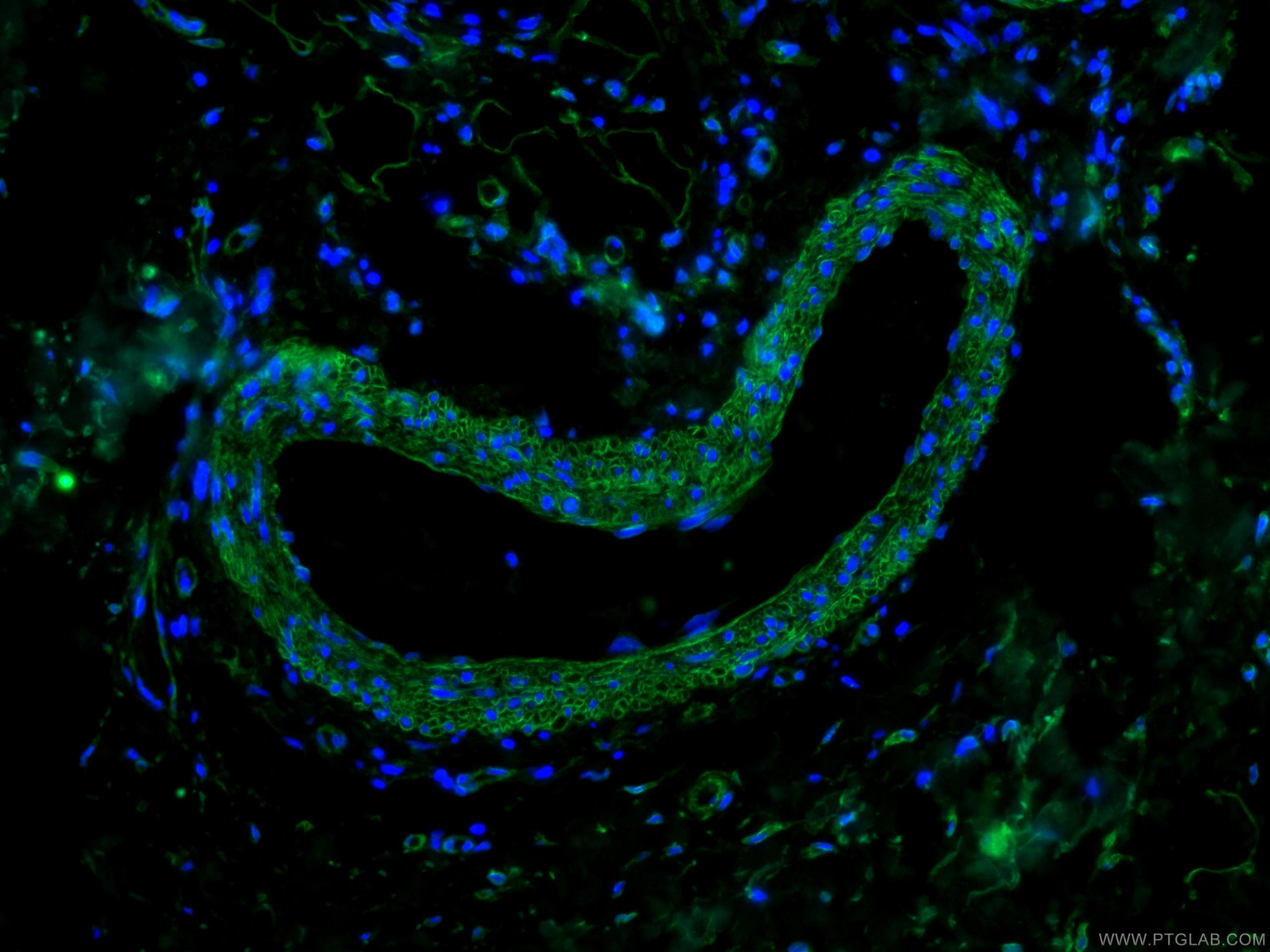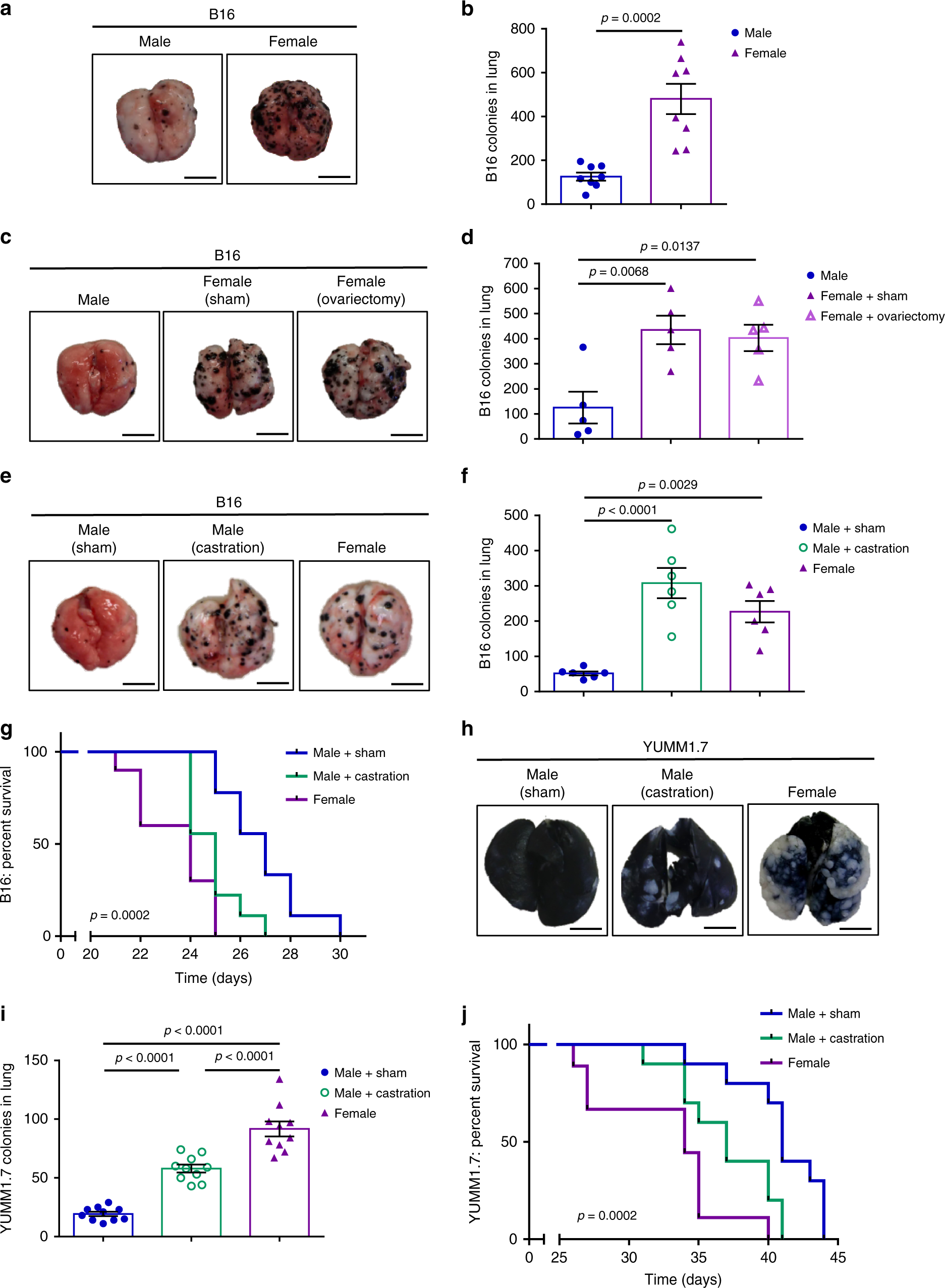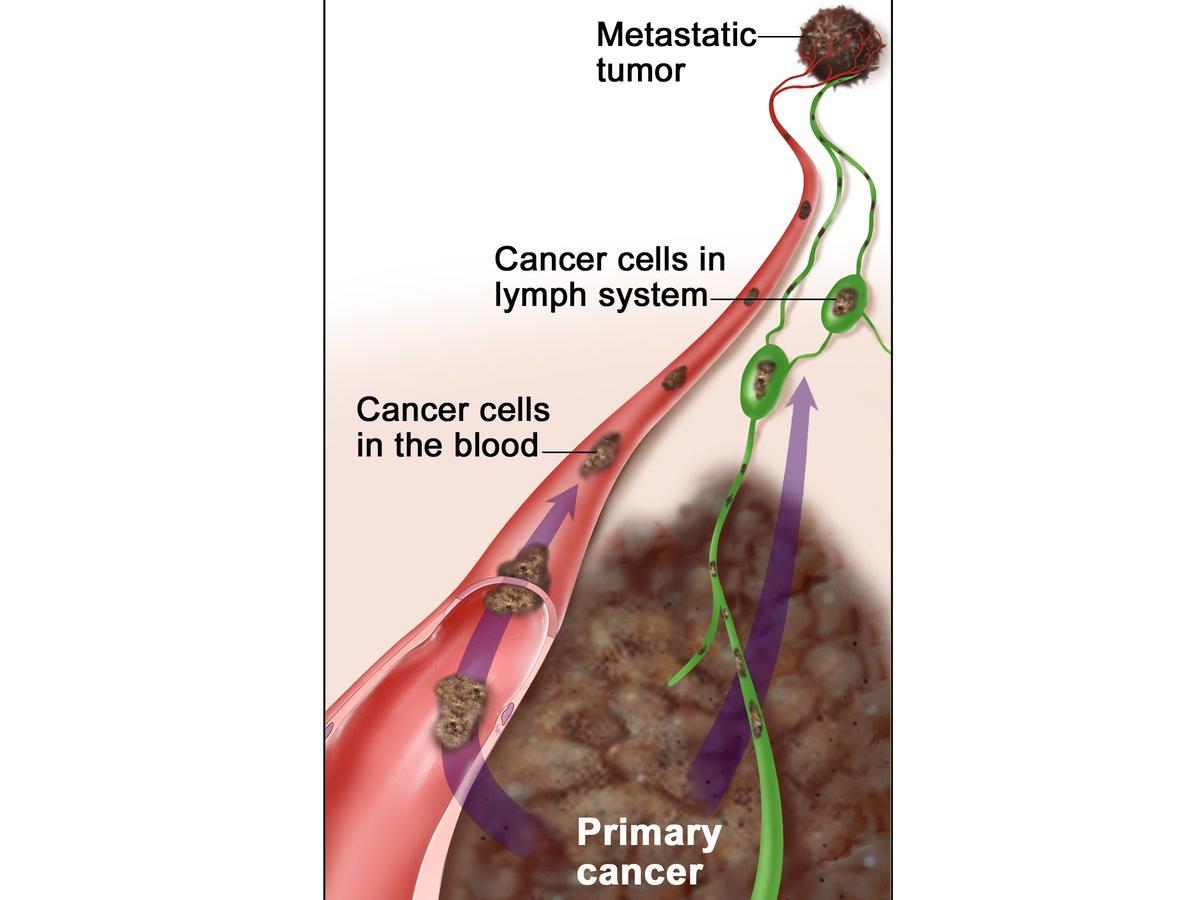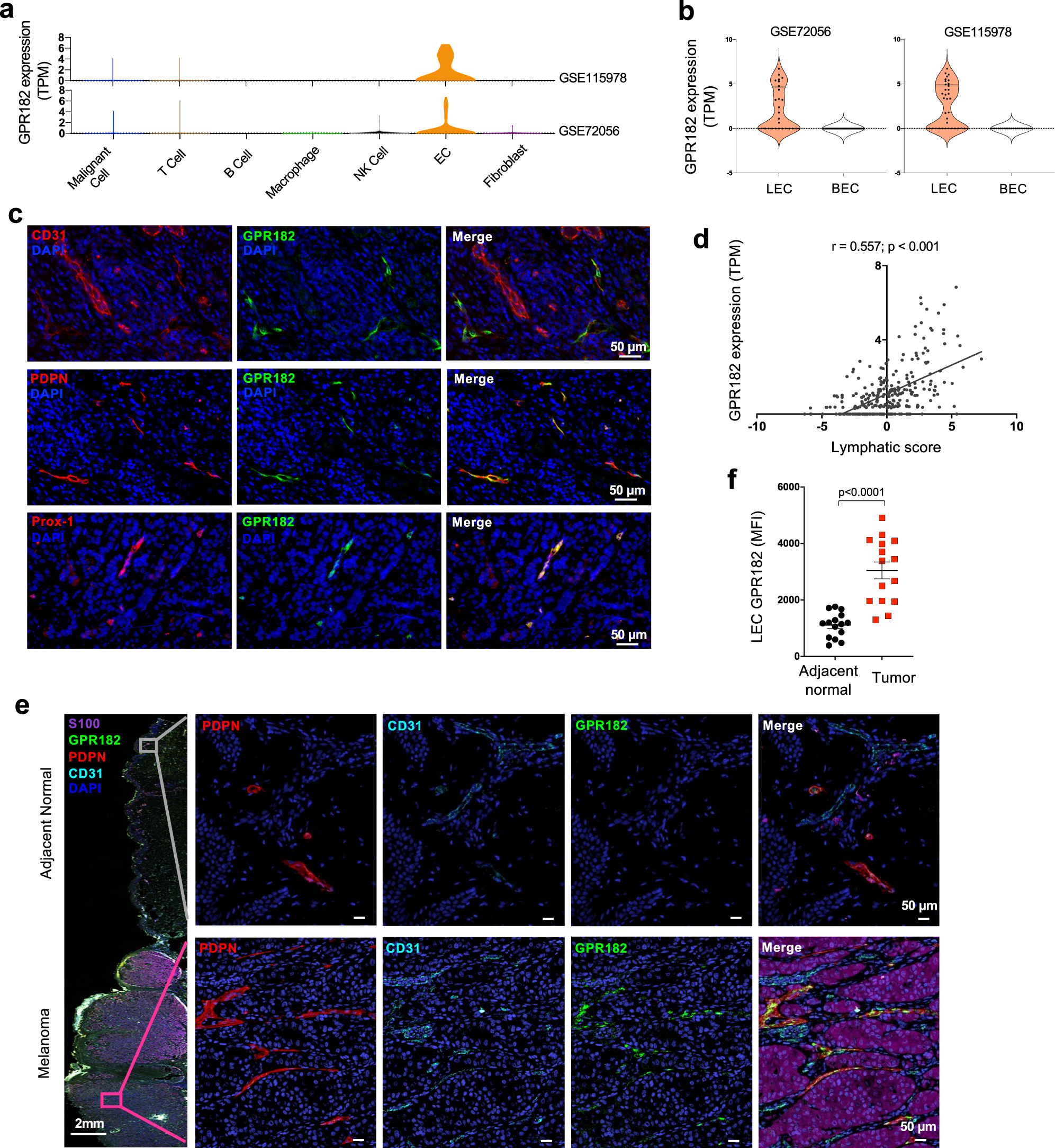
GPR182 limits antitumor immunity via chemokine scavenging in mouse melanoma models | Nature Communications

Skin cancer biology and barriers to treatment: Recent applications of polymeric micro/nanostructures - ScienceDirect

Autologous humanized mouse models of iPSC-derived tumors enable characterization and modulation of cancer-immune cell interactions - ScienceDirect
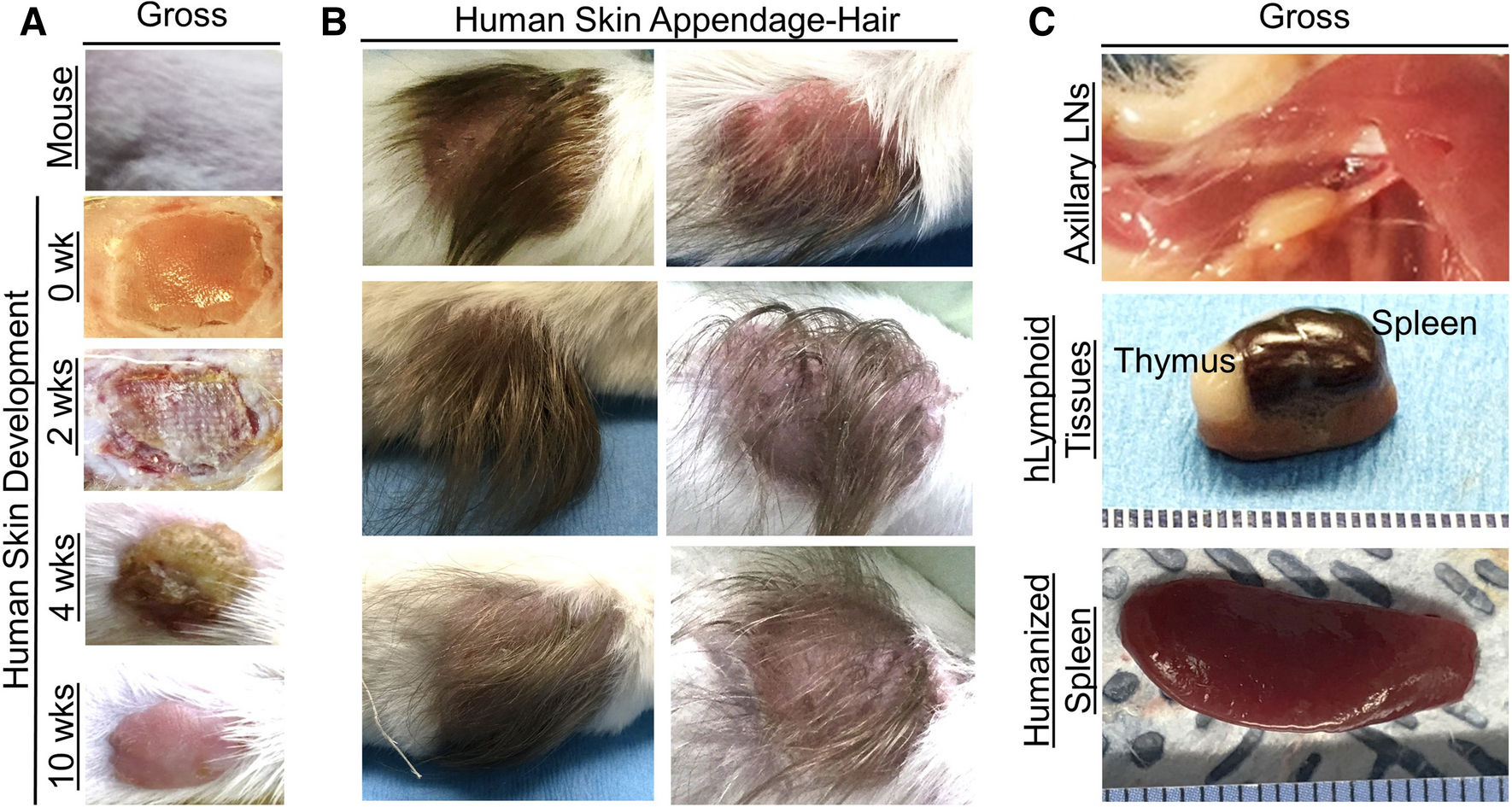
Development of humanized mouse and rat models with full-thickness human skin and autologous immune cells | Scientific Reports
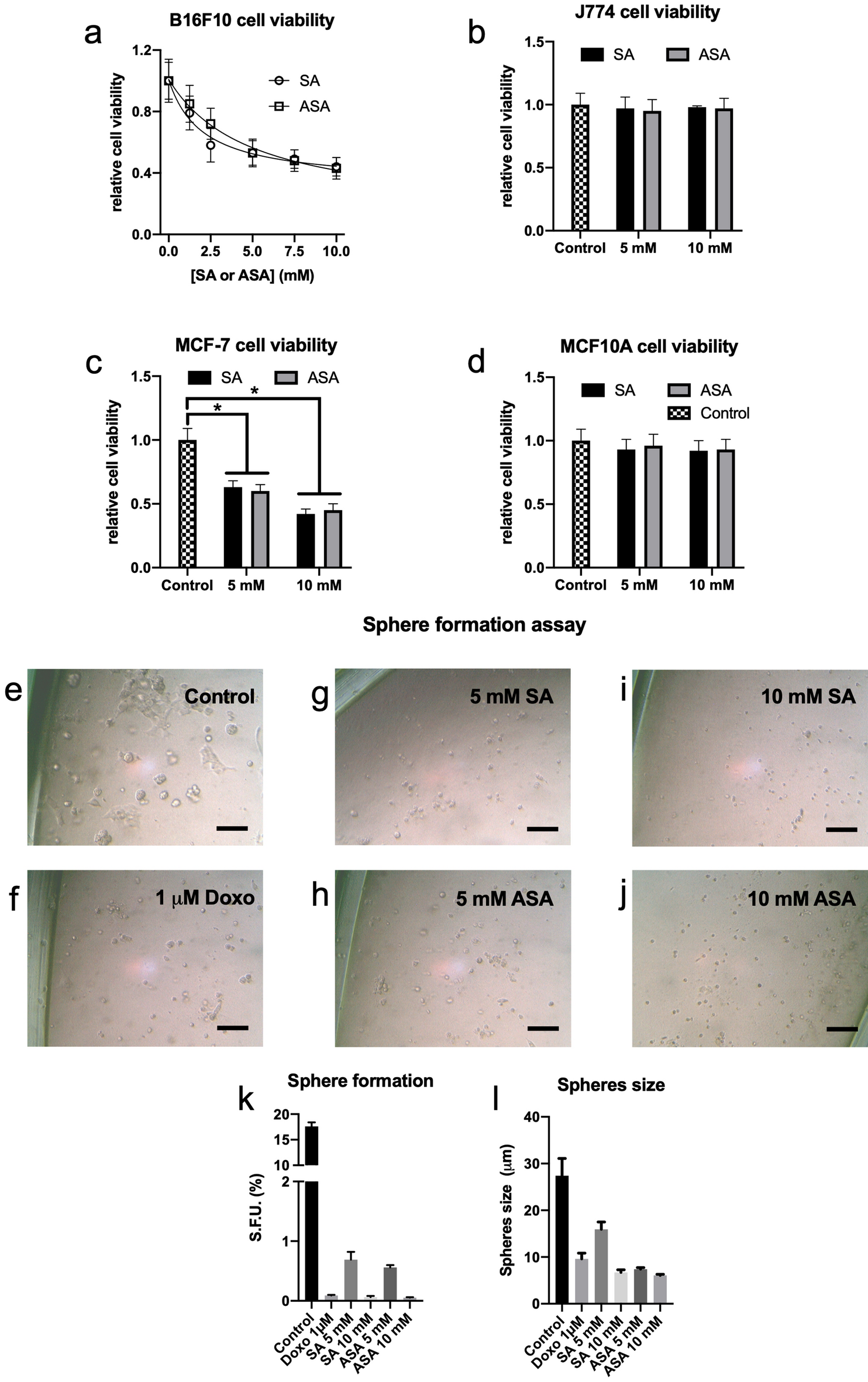
Acetylsalicylic acid and salicylic acid present anticancer properties against melanoma by promoting nitric oxide-dependent endoplasmic reticulum stress and apoptosis | Scientific Reports

Spatiotemporal in vivo tracking of polyclonal human regulatory T cells (Tregs) reveals a role for innate immune cells in Treg transplant recruitment: Molecular Therapy - Methods & Clinical Development




